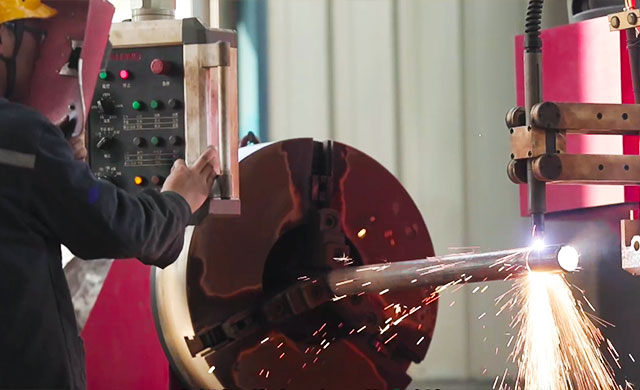
Nov . 11, 2024 22:00
Back to list
filtration
The Importance of Filtration A Key Process for Clean Water and Air
Filtration is an essential physical and chemical process used to separate solids from liquids or gases using a filter medium that allows the fluid to pass while retaining the solid particles. This process is pivotal in various industries and environmental applications, with far-reaching implications for health, safety, and sustainability.
Historical Context
The practice of filtration can be traced back to ancient civilizations. Historical documents indicate that the Egyptians used coarse cloth to filter water, while the Greeks utilized sand and gravel in their aqueducts to clarify drinking water. As civilization progressed, the methods and materials used for filtration evolved, leading to the modern technologies we have today.
Types of Filtration
Various types of filtration techniques exist, each suited for specific purposes. The most common methods include
1. Mechanical Filtration This involves the use of physical barriers, such as screens or membranes, to separate particles from fluids. Mechanical filters are widely used in water treatment plants and aquaculture to ensure that harmful debris and pathogens are removed.
2. Chemical Filtration This method employs chemical reactions to remove contaminants. Activated carbon filters, for instance, effectively adsorb chlorine, volatile organic compounds (VOCs), and other harmful substances from water and air, making them a popular choice in home water purifiers and air cleaning devices.
3. Biological Filtration This type uses microorganisms to degrade organic contaminants in water. Biofilters are commonly found in wastewater treatment facilities where they facilitate the breakdown of pollutants before the water is released back into the environment.
4. Membrane Filtration Utilizing semi-permeable membranes, this technique separates particles at the molecular level. Reverse osmosis is a well-known application that removes salts and other impurities from water, making it suitable for drinking and industrial use.
Applications of Filtration
filtration

Filtration is omnipresent in our daily lives and critical for numerous applications
- Water Purification One of the most vital applications of filtration is in the production of clean drinking water
. Municipalities employ advanced filtration systems to treat water from rivers, lakes, and groundwater, ensuring that it meets safety standards set by health organizations.- Air Quality Improvement In an era of increasing pollution, air filtration systems have become indispensable. HEPA (High-Efficiency Particulate Air) filters are widely used in homes and industrial settings to capture dust, pollen, and harmful particles, thereby promoting healthier indoor environments.
- Food and Beverage Industry Filtration plays a crucial role in ensuring product quality and safety. In the beer and wine industries, filtration processes help to clarify the final product, removing yeast and other solids that can affect taste and appearance.
- Pharmaceutical Manufacturing In the production of drugs, filtration is used to ensure sterility and remove any contaminants that could compromise the safety and effectiveness of medicinal products.
Challenges and Future Directions
Despite its critical importance, filtration technologies face challenges. For instance, the accumulation of particulates on filter media can lead to reduced efficiency and increased operational costs. As awareness of environmental issues grows, the industry is moving towards more sustainable filtration methods that minimize waste and energy consumption.
Innovations such as nanotechnology and the development of smart filters that can change properties based on the nature of the contaminants present are paving the way for the future of filtration systems. Researchers are also exploring biodegradable and recyclable filter materials to create more sustainable solutions.
Conclusion
In summary, filtration is a fundamental process that affects various aspects of our lives, from the water we drink to the air we breathe. As technology advances and environmental concerns become more pressing, the role of filtration in maintaining health and safety will only become more significant. By investing in better filtration technologies and practices, we can ensure a cleaner and more sustainable future for generations to come.
Next:
Latest news
-
Safety Valve Spring-Loaded Design Overpressure ProtectionNewsJul.25,2025
-
Precision Voltage Regulator AC5 Accuracy Grade PerformanceNewsJul.25,2025
-
Natural Gas Pressure Regulating Skid Industrial Pipeline ApplicationsNewsJul.25,2025
-
Natural Gas Filter Stainless Steel Mesh Element DesignNewsJul.25,2025
-
Gas Pressure Regulator Valve Direct-Acting Spring-Loaded DesignNewsJul.25,2025
-
Decompression Equipment Multi-Stage Heat Exchange System DesignNewsJul.25,2025

